Dos and don’ts for employees handling third-party patents
April 18, 2023
Recently Published in Managing IP
Managing IP subscribers: Click here to Access the Article.
“In the wake of the pandemic, working-from-home employees continue to be part of the 2023 workforce.
“While companies are often aware of their legal obligations when it comes to third-party patents, their employees frequently are not. The results can be disastrous.
“When an employee becomes aware of a third-party patent, that knowledge may be imputed to the company, potentially triggering an obligation for the company to take appropriate legal action. Such action could include determining whether the company infringes or may in the future infringe the patent, assessing whether the patent is valid, and disclosing the patent to the USPTO in connection with pending patent applications.
“The company will need to determine what, if any, legal action is appropriate based on the advice of its internal, and potentially external, legal counsel. If the company fails to undertake appropriate action after it has imputed knowledge of a patent, it may suffer adverse legal consequences.
“Employees working from home must ensure the same care. Knowledge of a third-party patent that occurs in the home office, whether on paper or electronically, can still be imputed to the company.”
About Susan Glovsky
Susan, a patent attorney, represents science and technology companies in all facets of invention enforcement and protection from the courtroom to the Patent Office. Susan uses analysis, communication, and advocacy to achieve clients’ goals in patent, trademark, copyright, trade dress, and trade secret matters. Her experience covers a broad spectrum of technologies and industries, including biotechnology, chemistry, electrical, mechanical, green technology, ecommerce, medical devices, and consumer products.
About Hamilton Brook Smith Reynolds
Hamilton Brook Smith Reynolds is among New England’s largest law firms dedicated to the practice of intellectual property law. The firm specializes in patents, trademarks, intellectual property litigation, copyrights, licensing, due diligence, opinions, trade secrets, and intellectual property counseling. The firm’s legal staff has extensive scientific and technical expertise in biotechnology, chemistry, computer hardware and software, telecommunications, medical devices, pharmaceuticals, physics, optics, nanotechnology, and electrical, chemical and mechanical engineering, and evolving combinations of science and technology.
About Managing IP
Managing IP is the world's leading source of analysis on all IP developments worldwide. Established in 1990, it is staffed by experienced reporters in our offices in London, New York and Hong Kong. Alongside the long-running magazine, its website, newsletters and social media provide in-house counsel with practical advice and information, as well as keeping them at the center of IP hot topics. Its legal directory, IP STARS, is the specialist guide to the very best firms and practitioners for IP protection and legal services in more than 80 jurisdictions.




